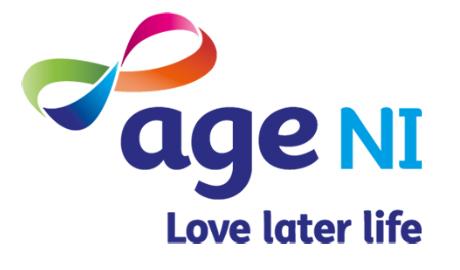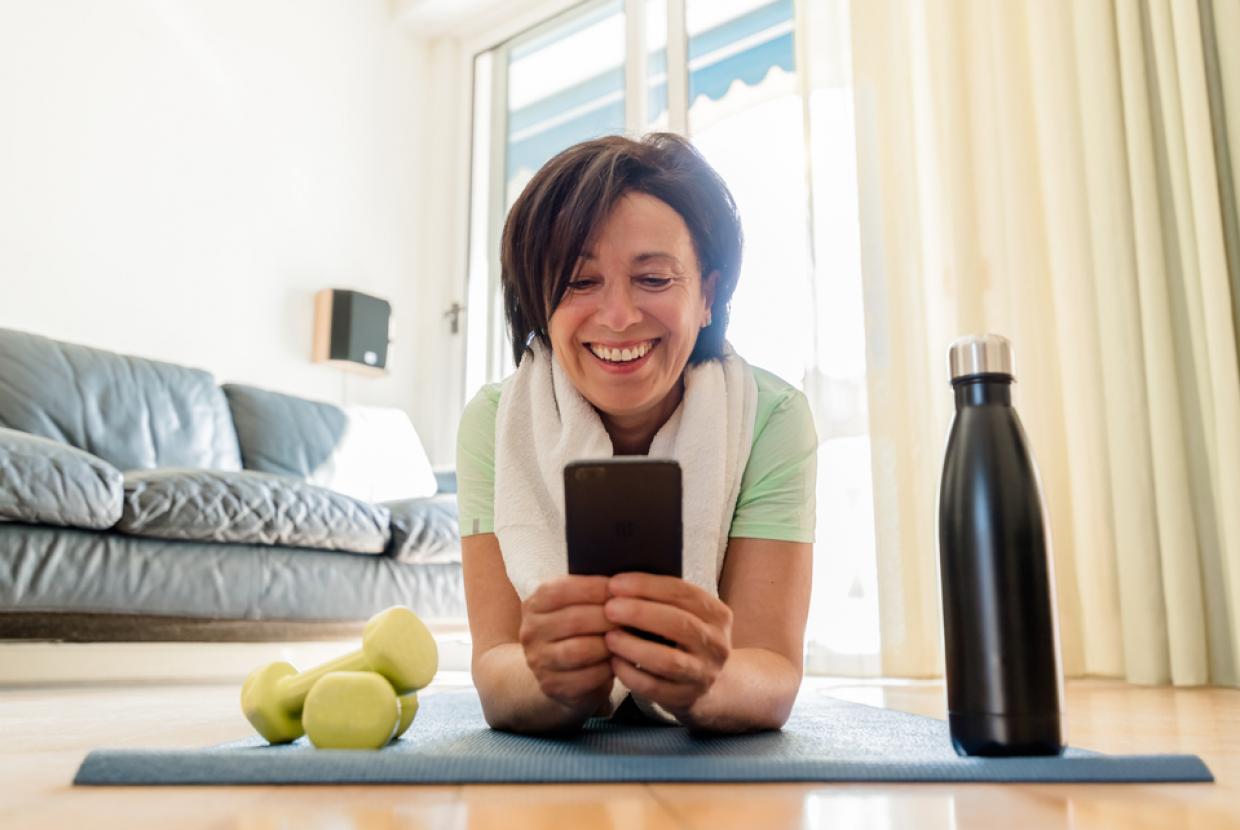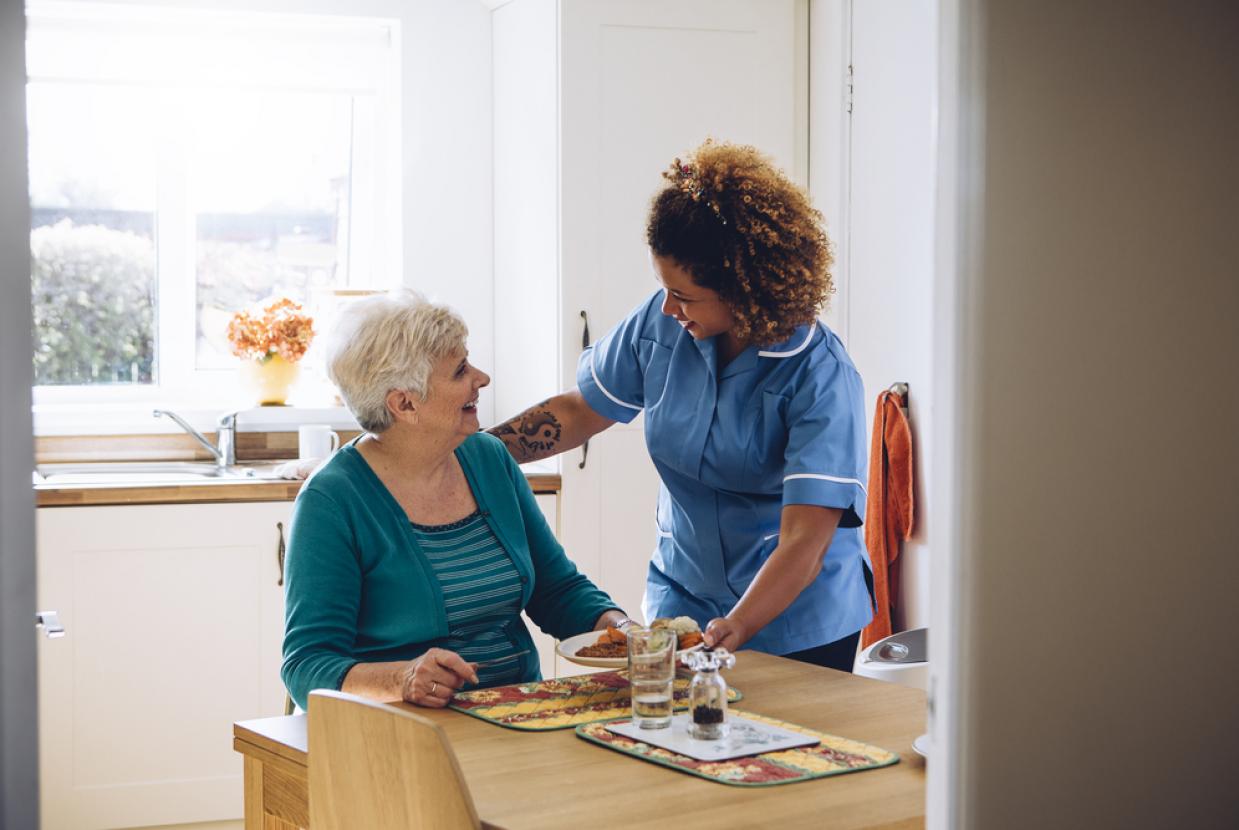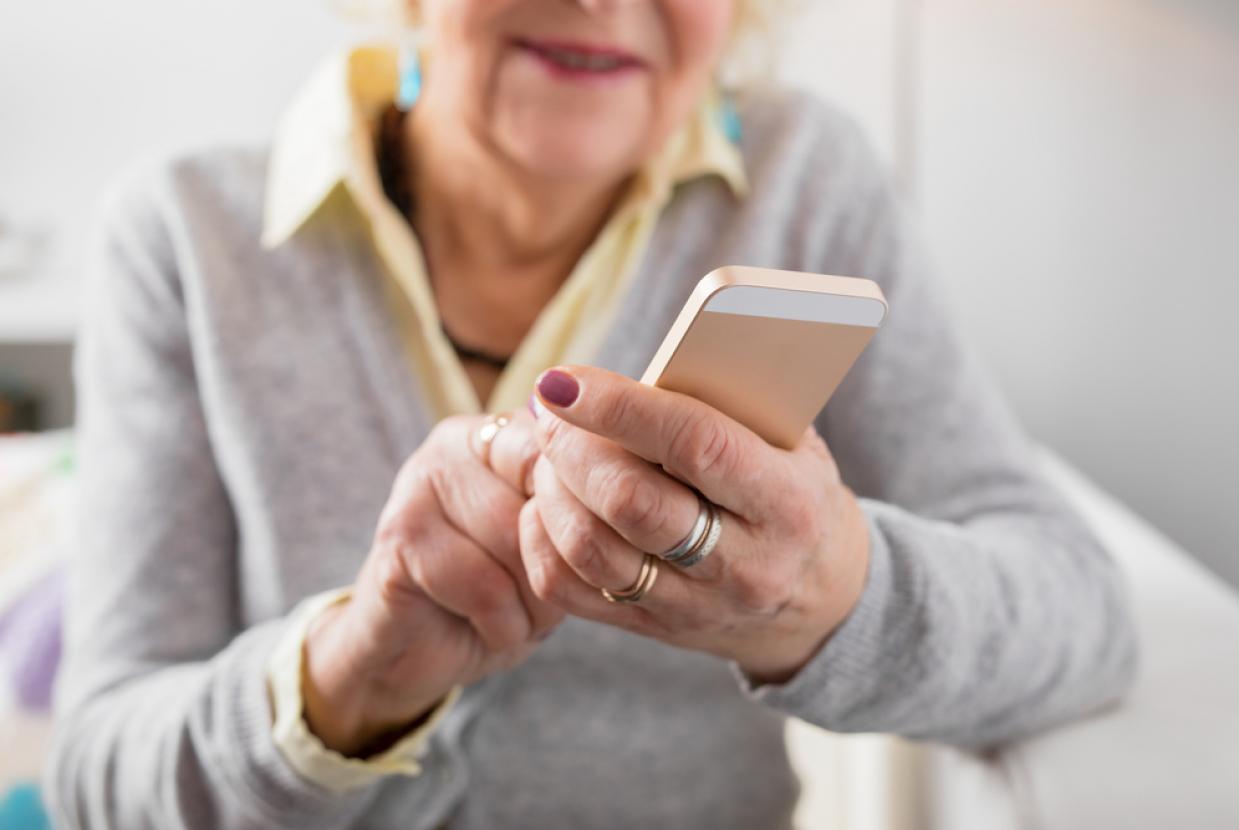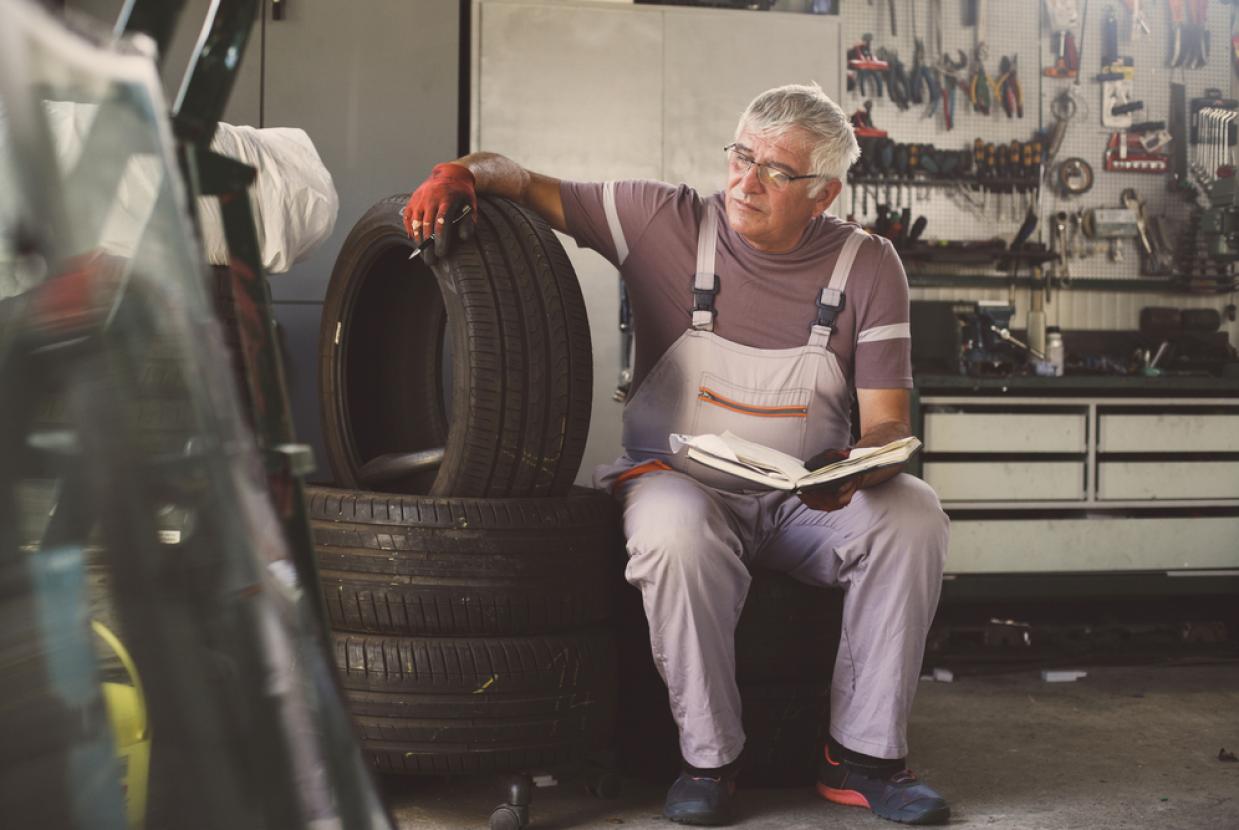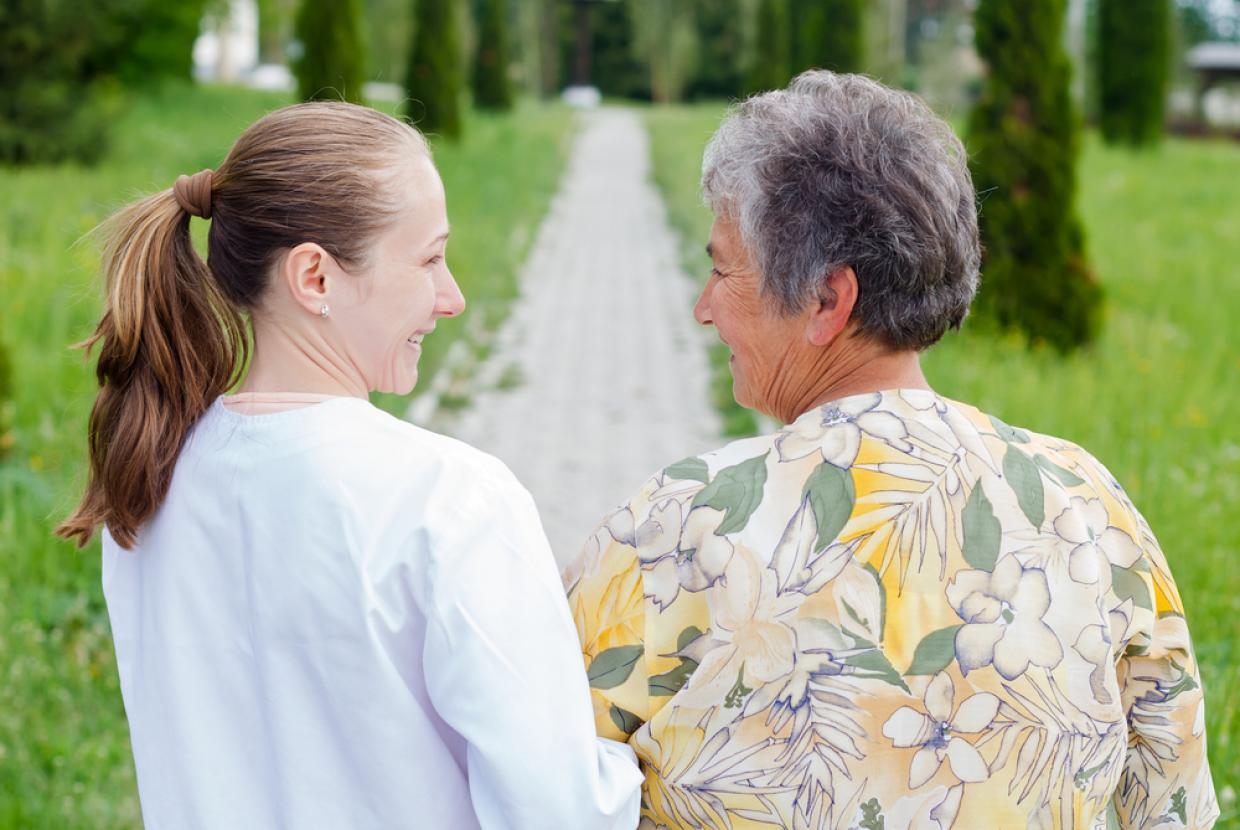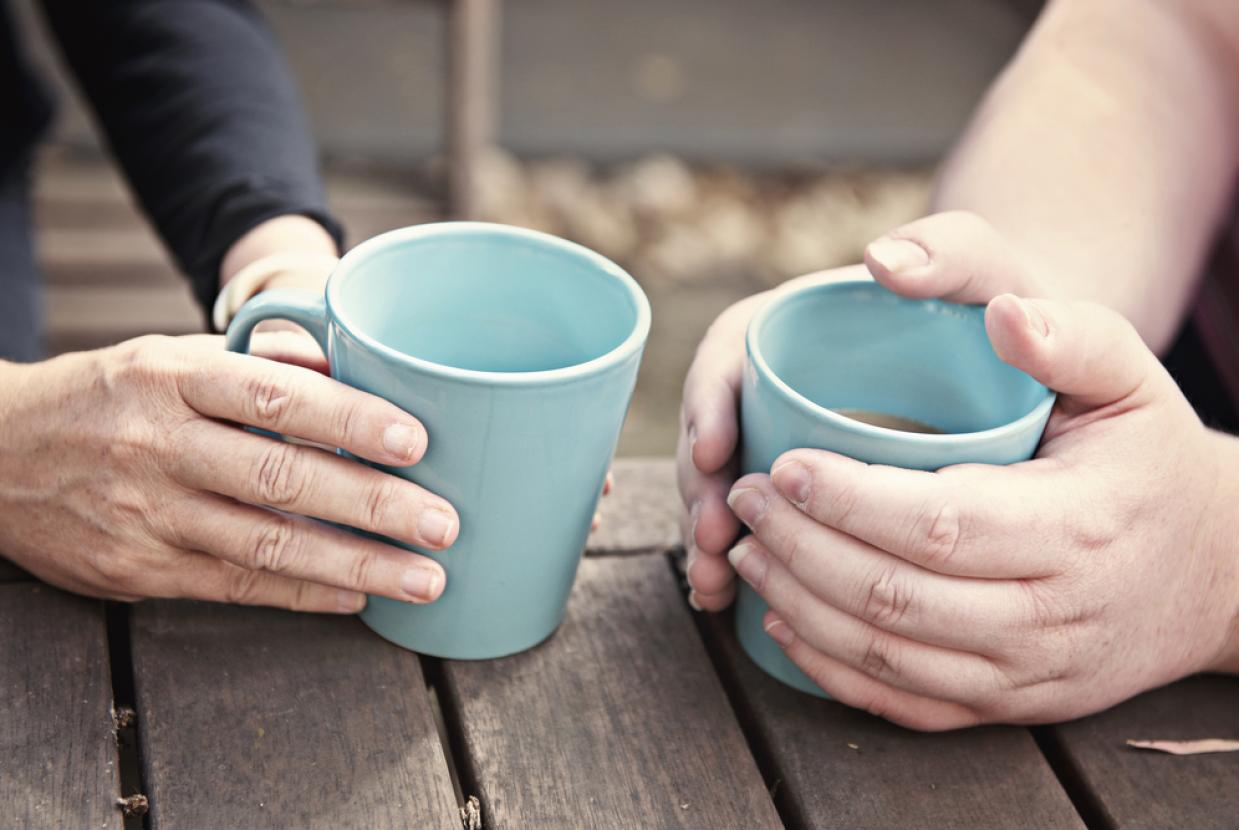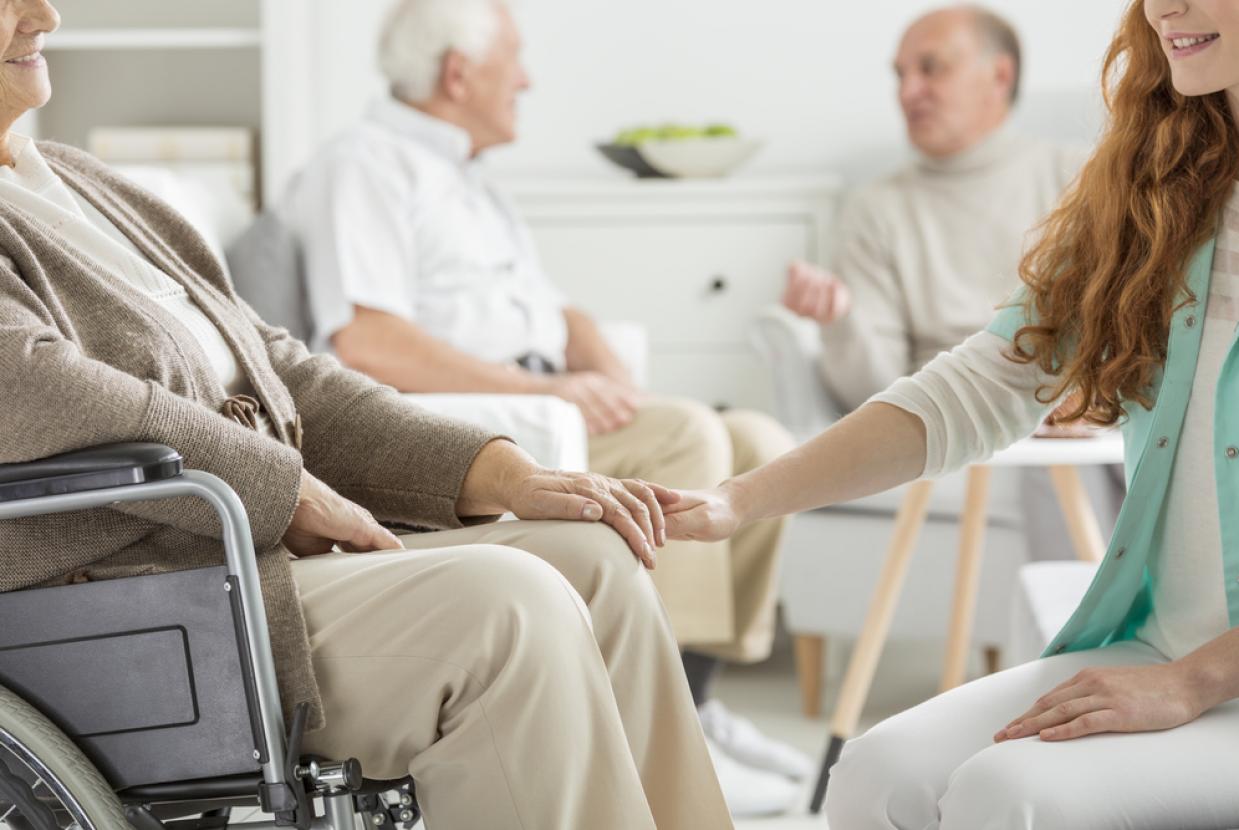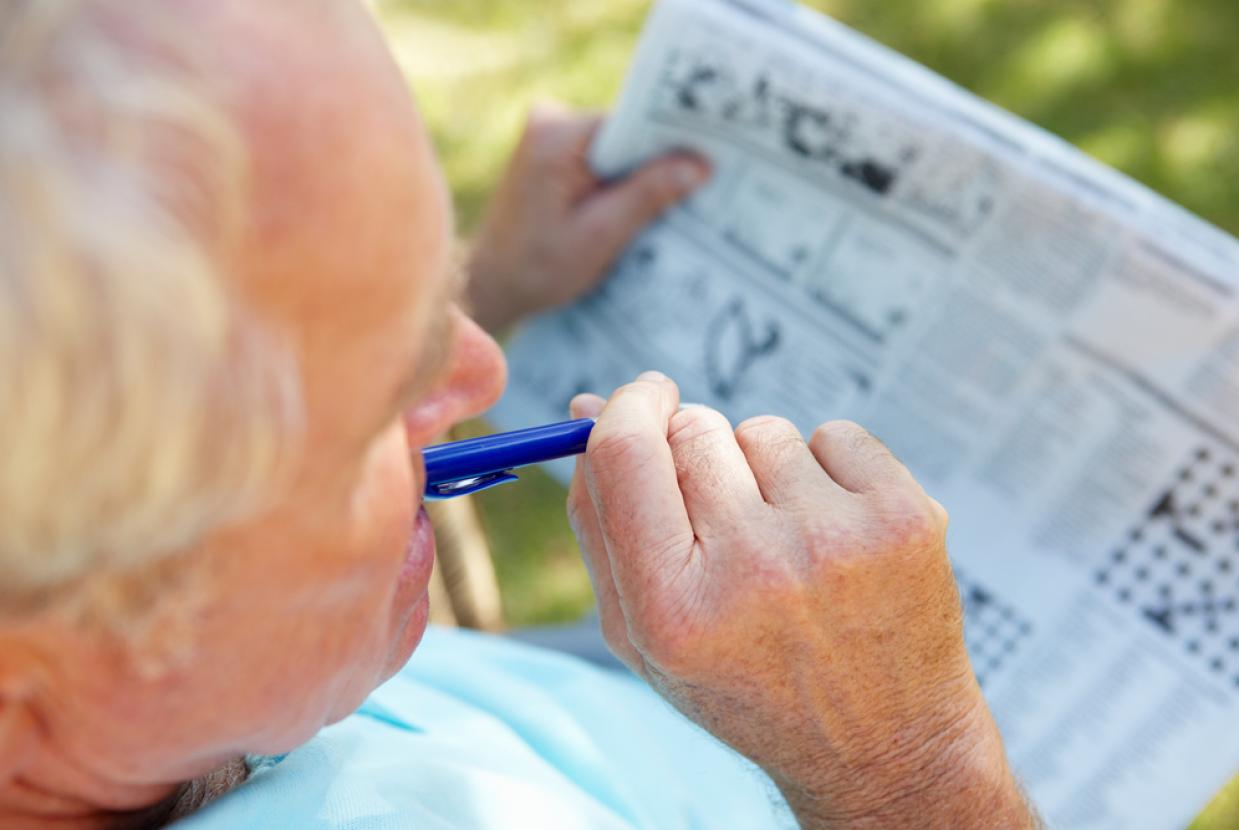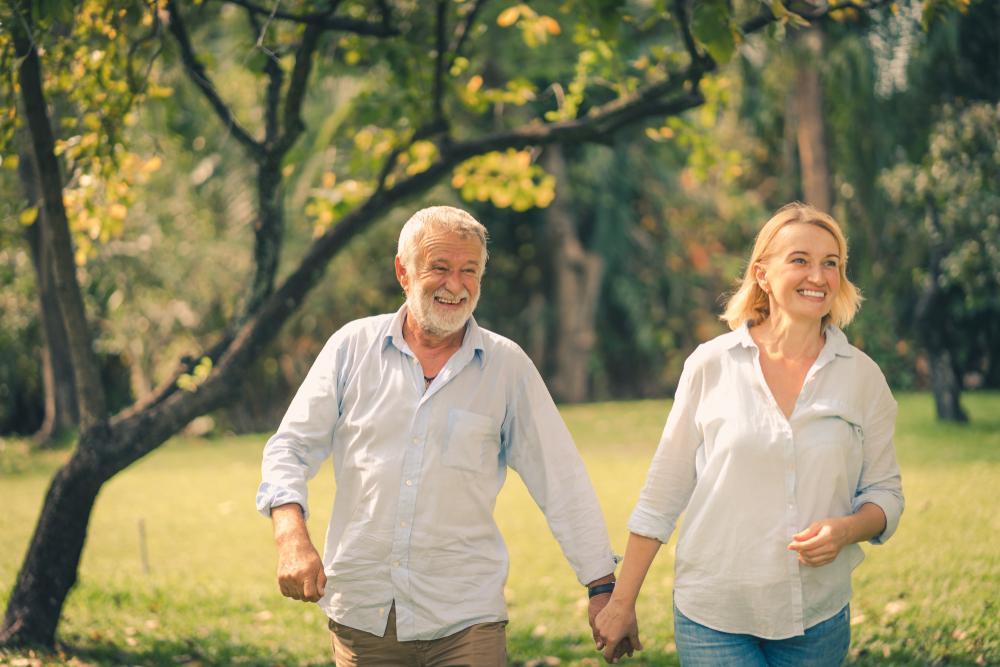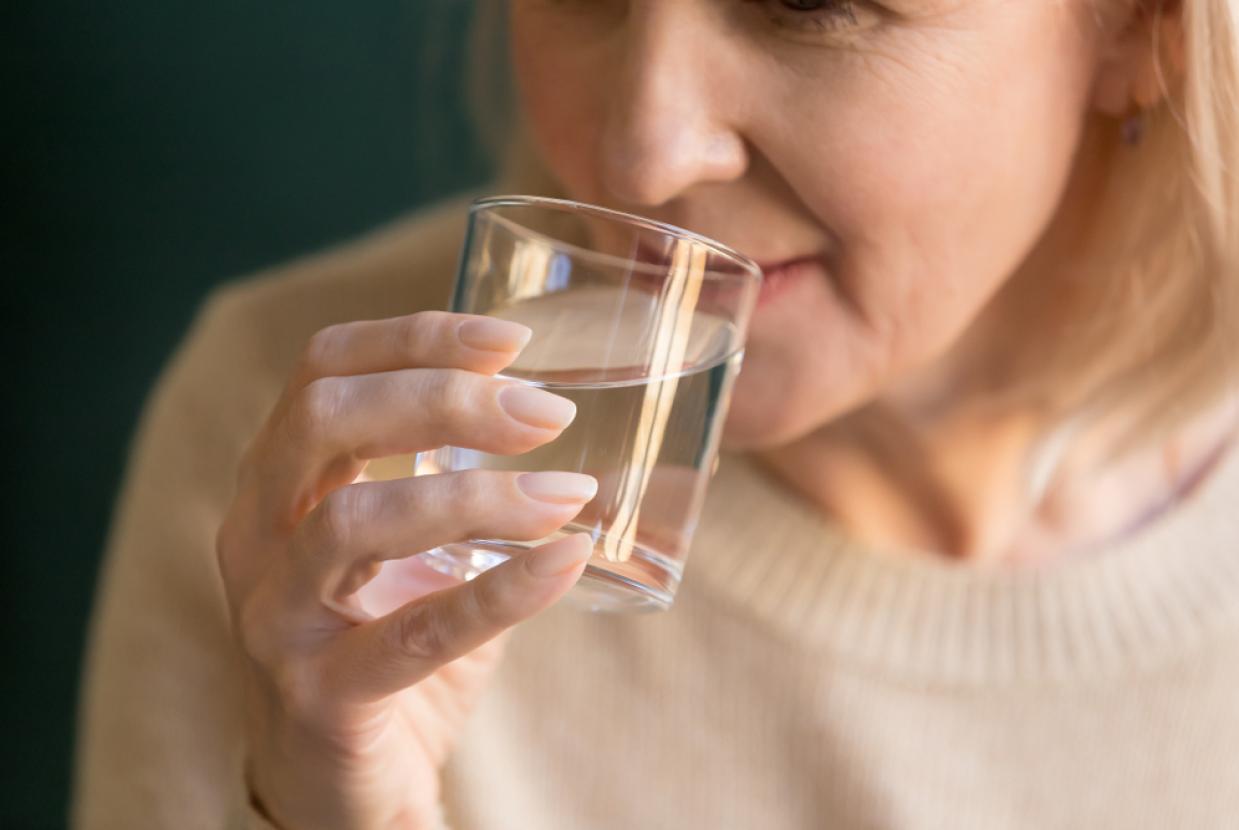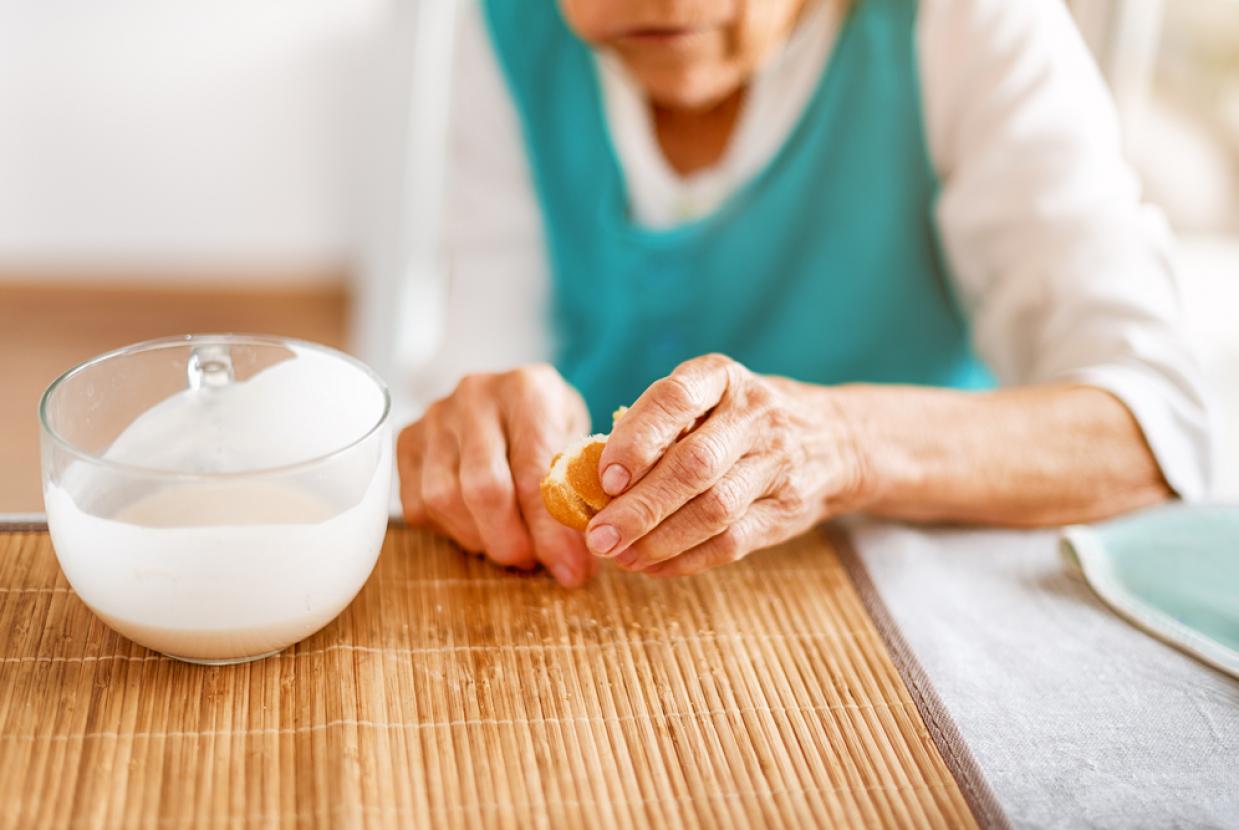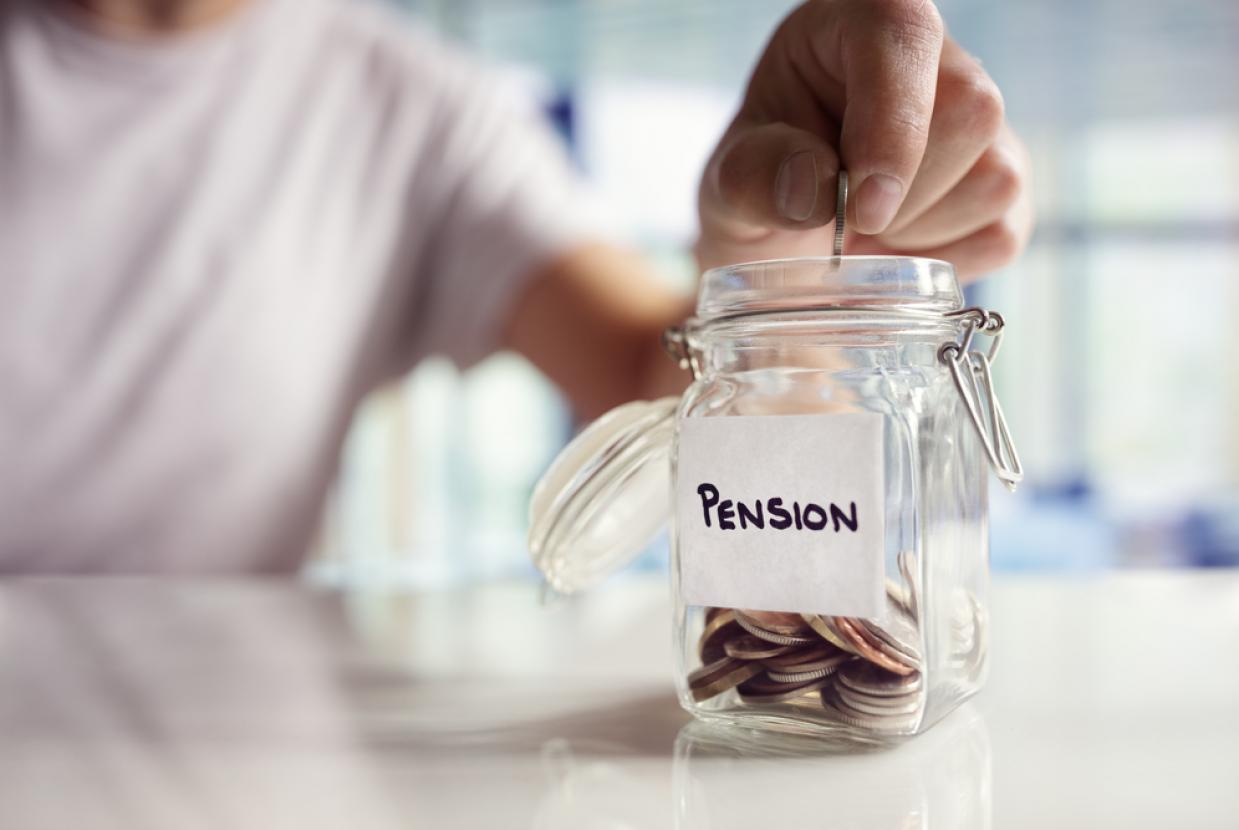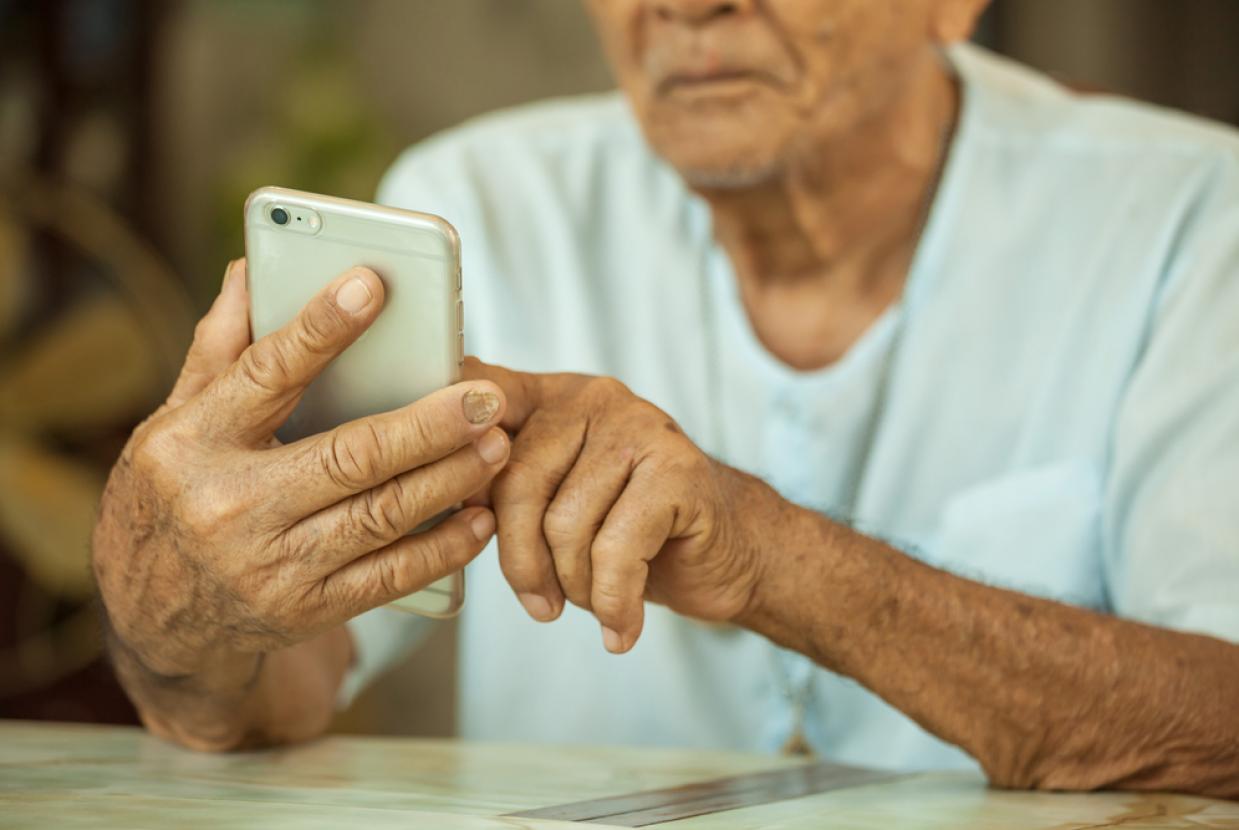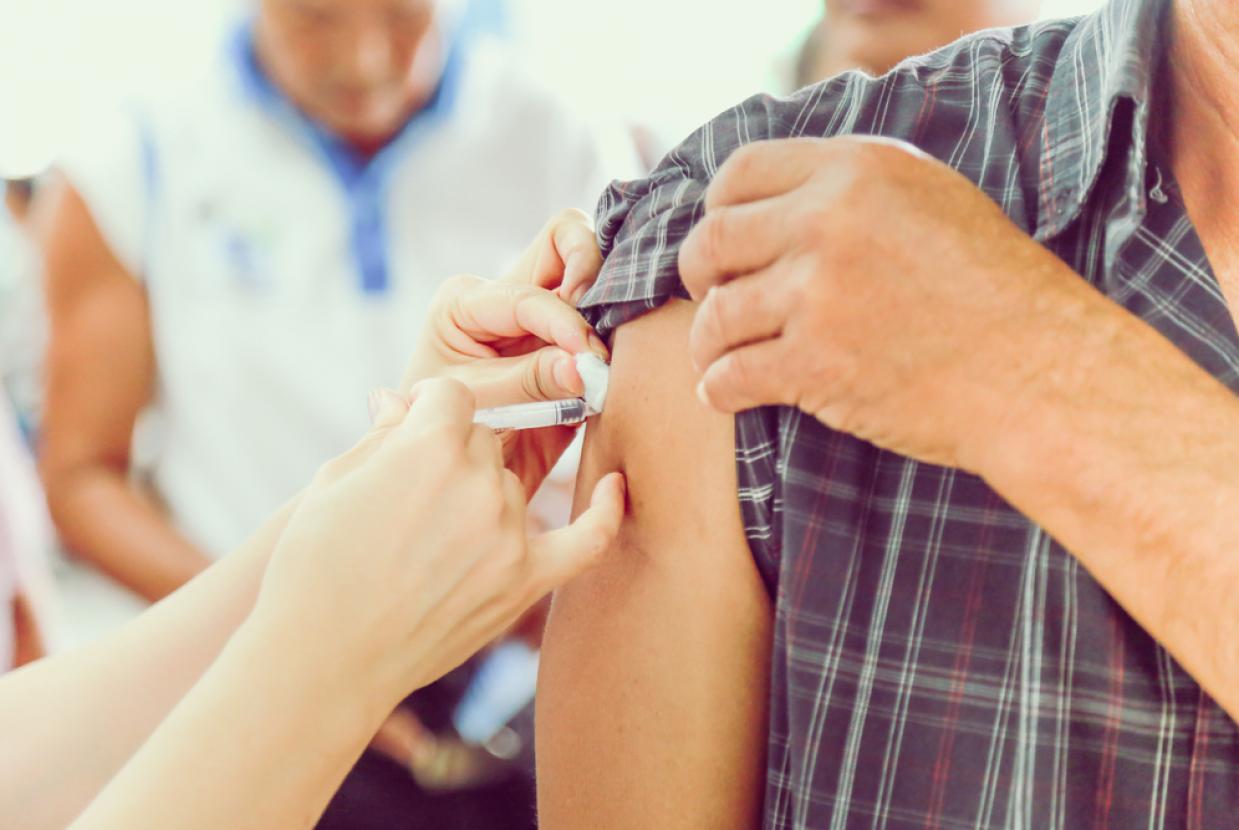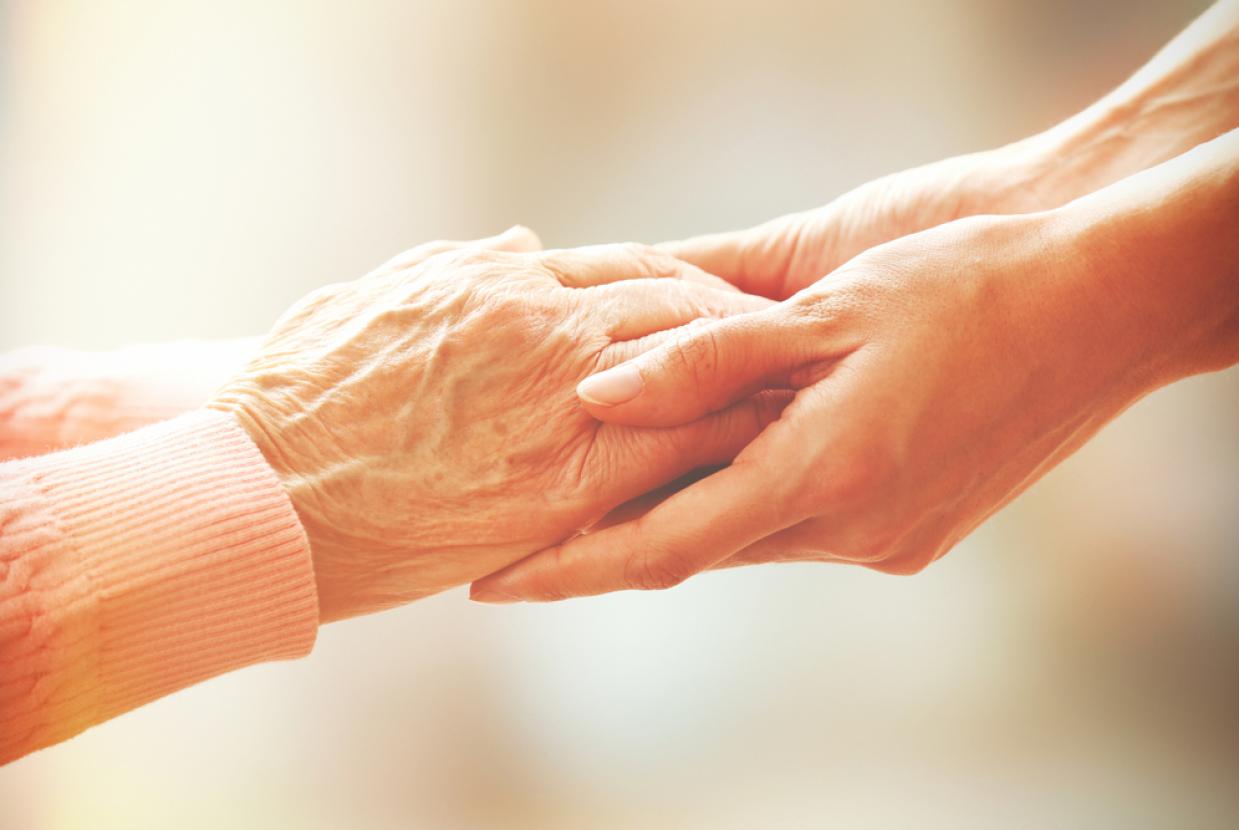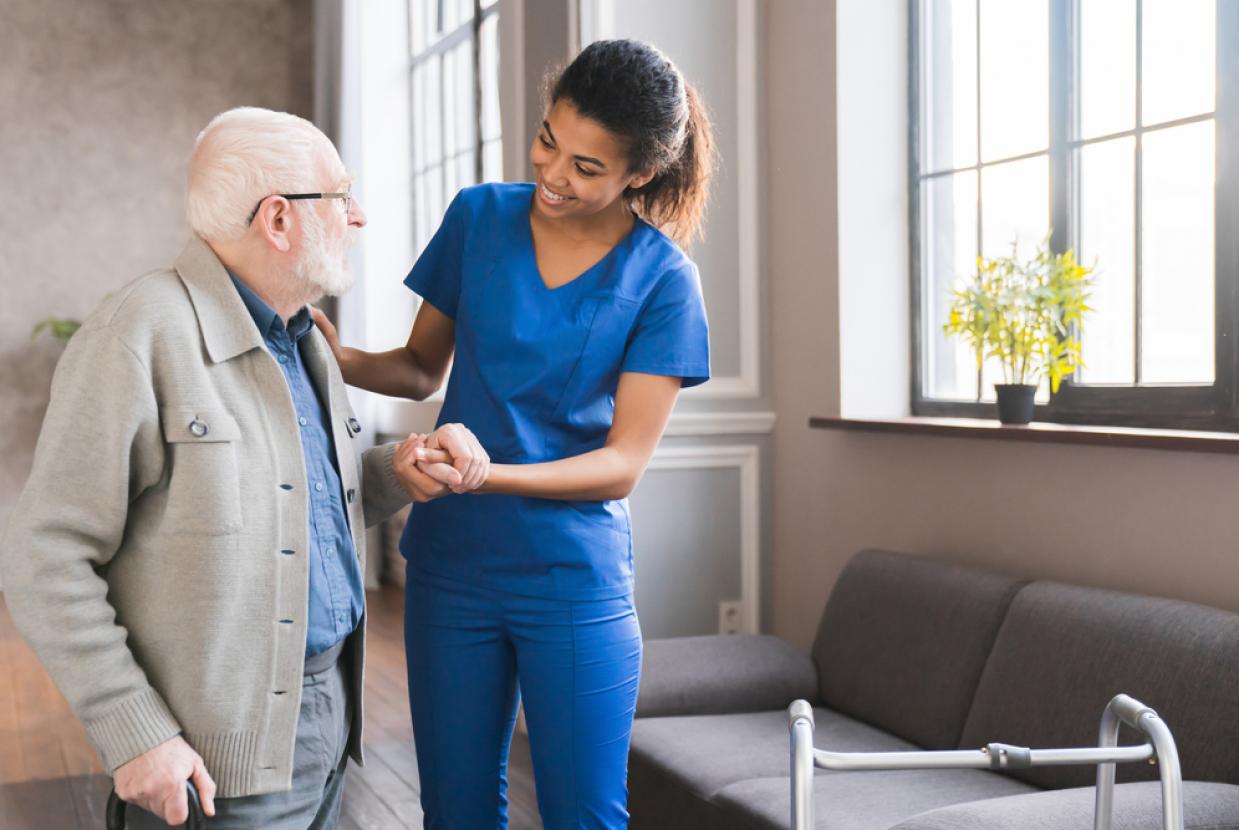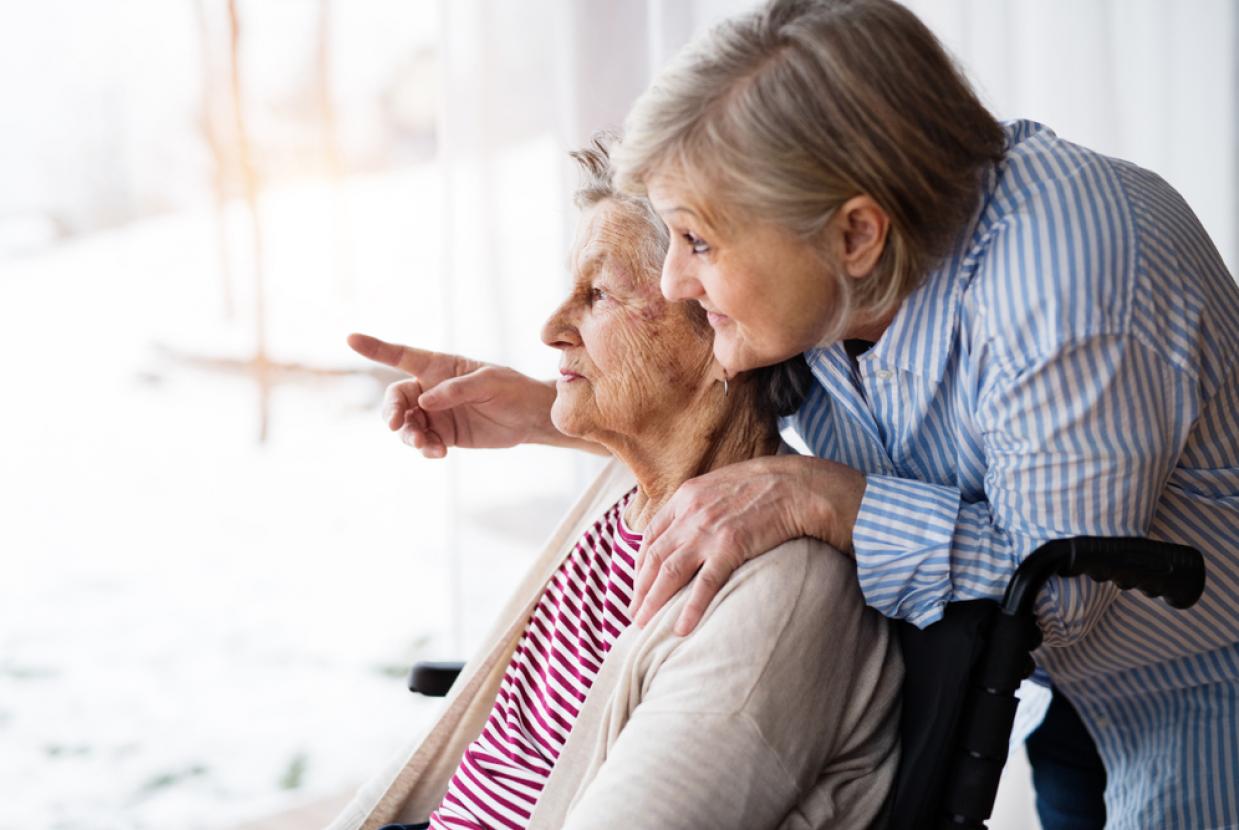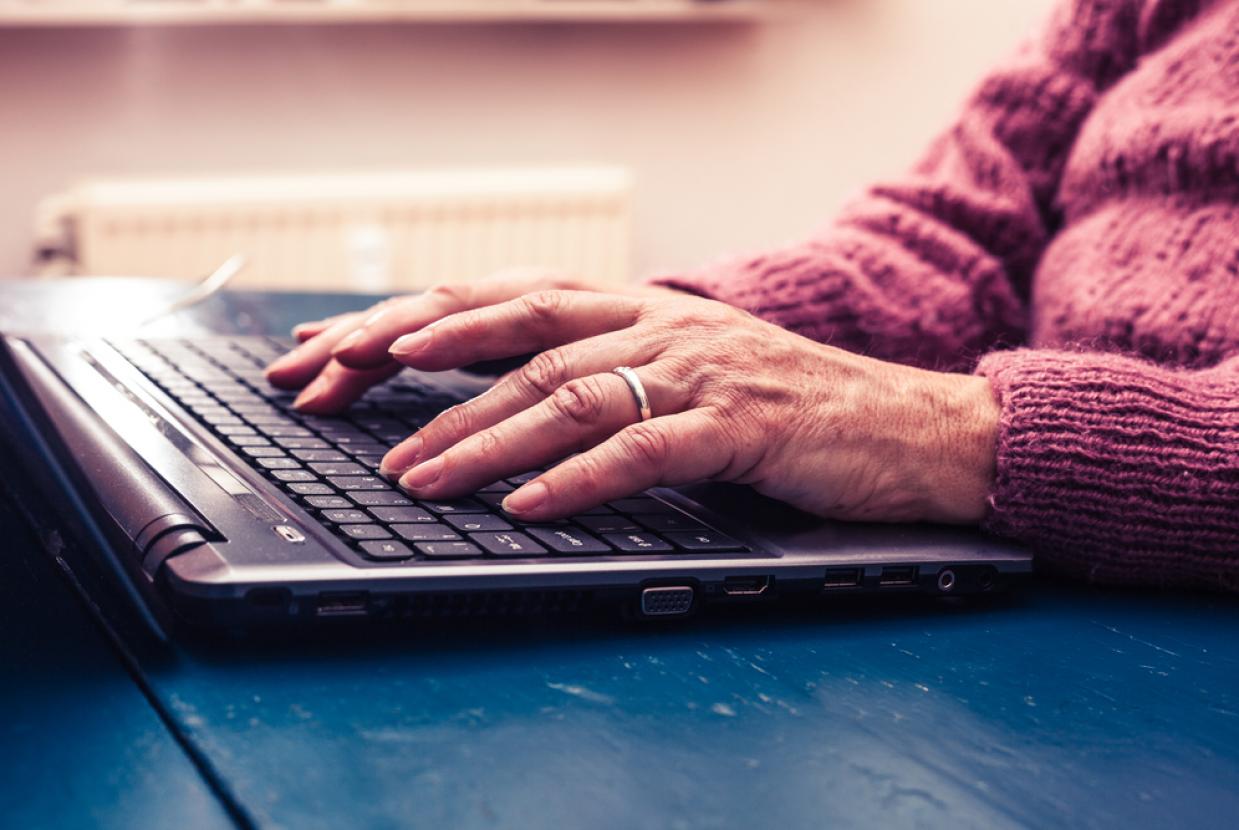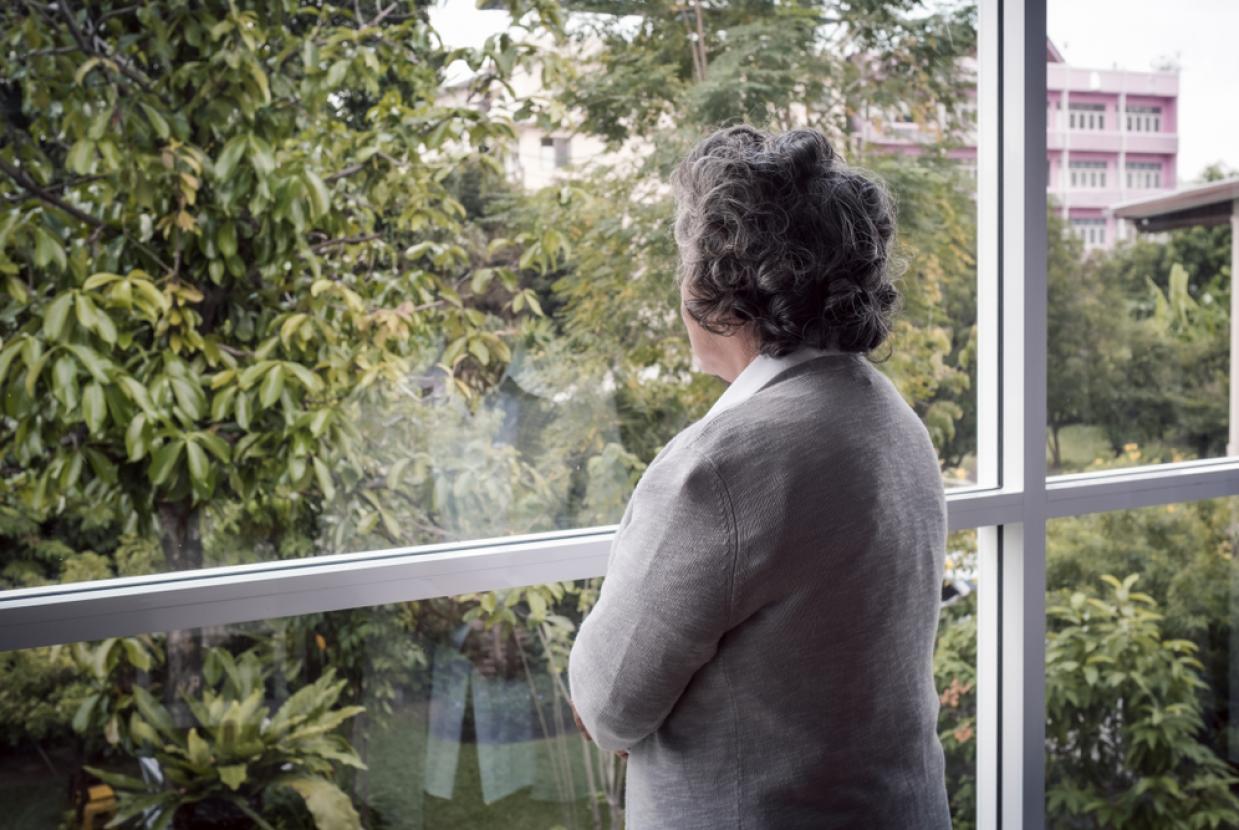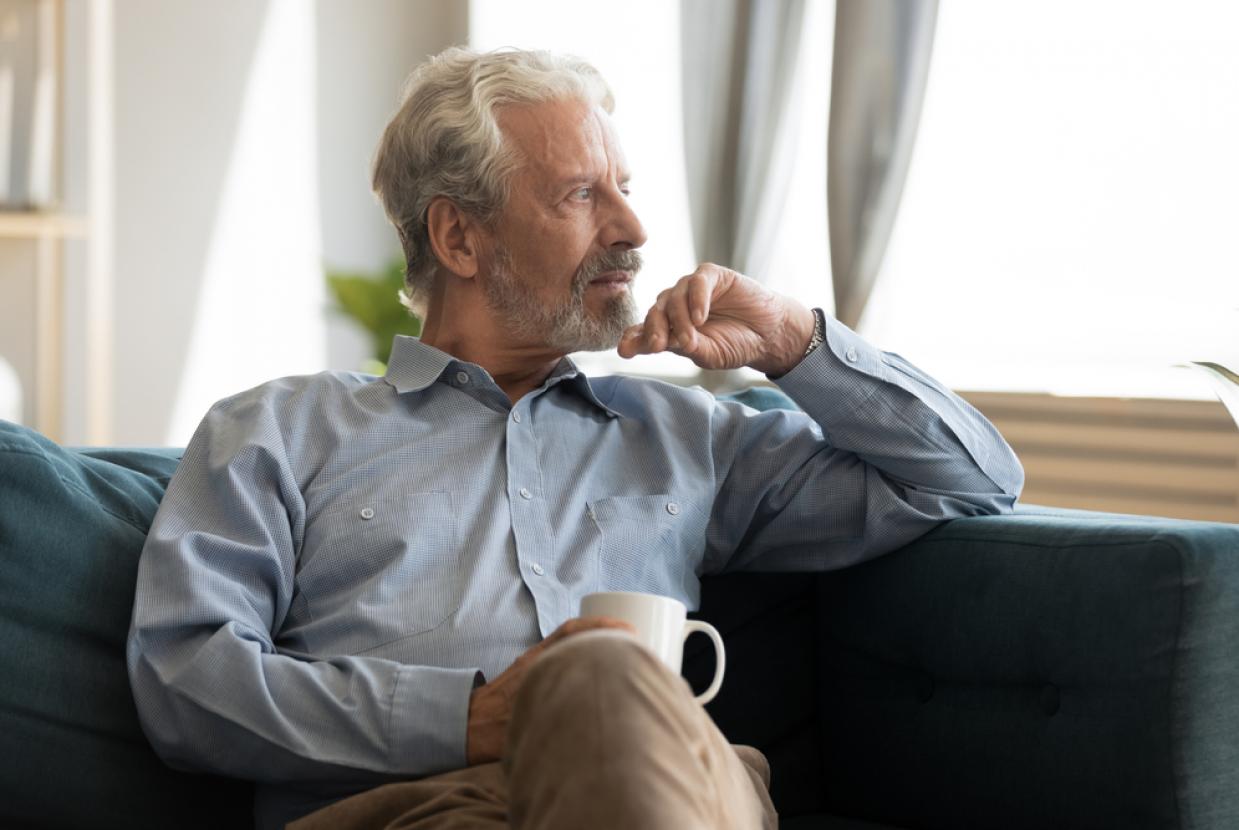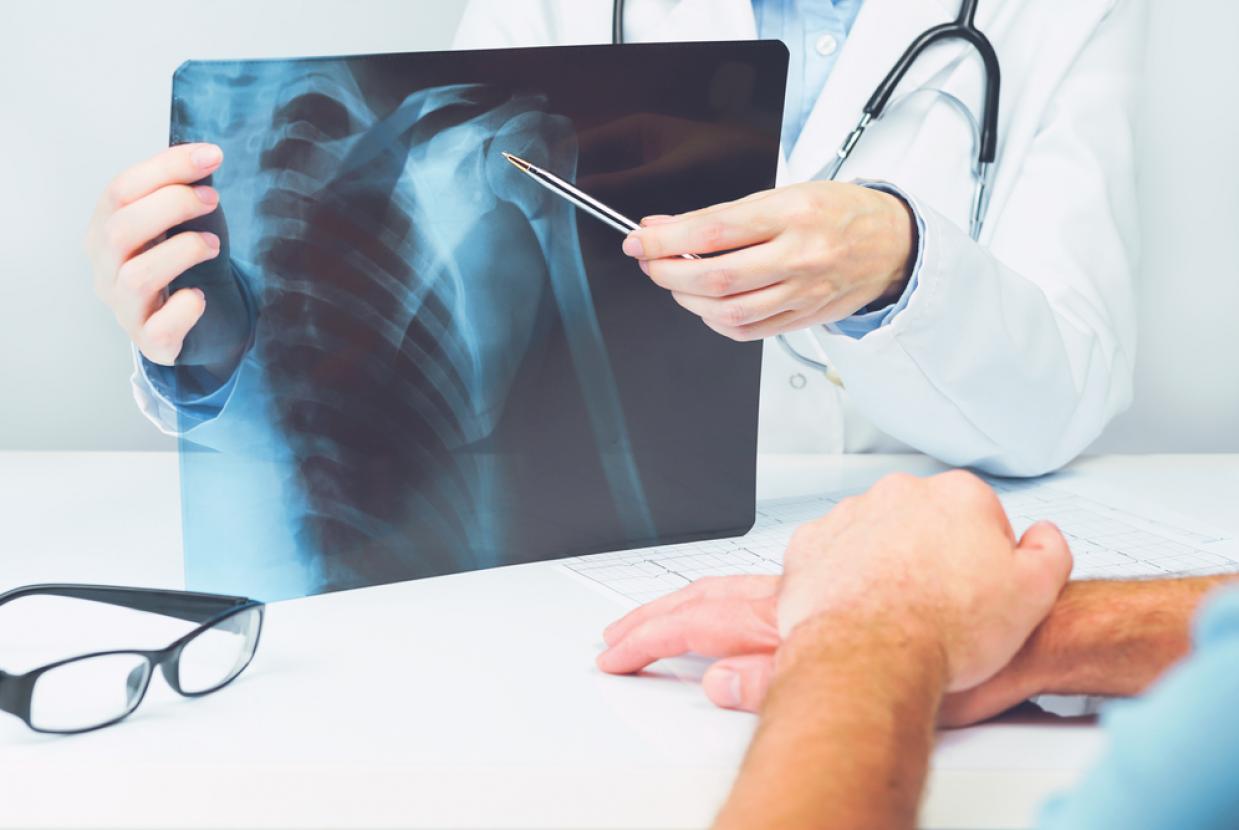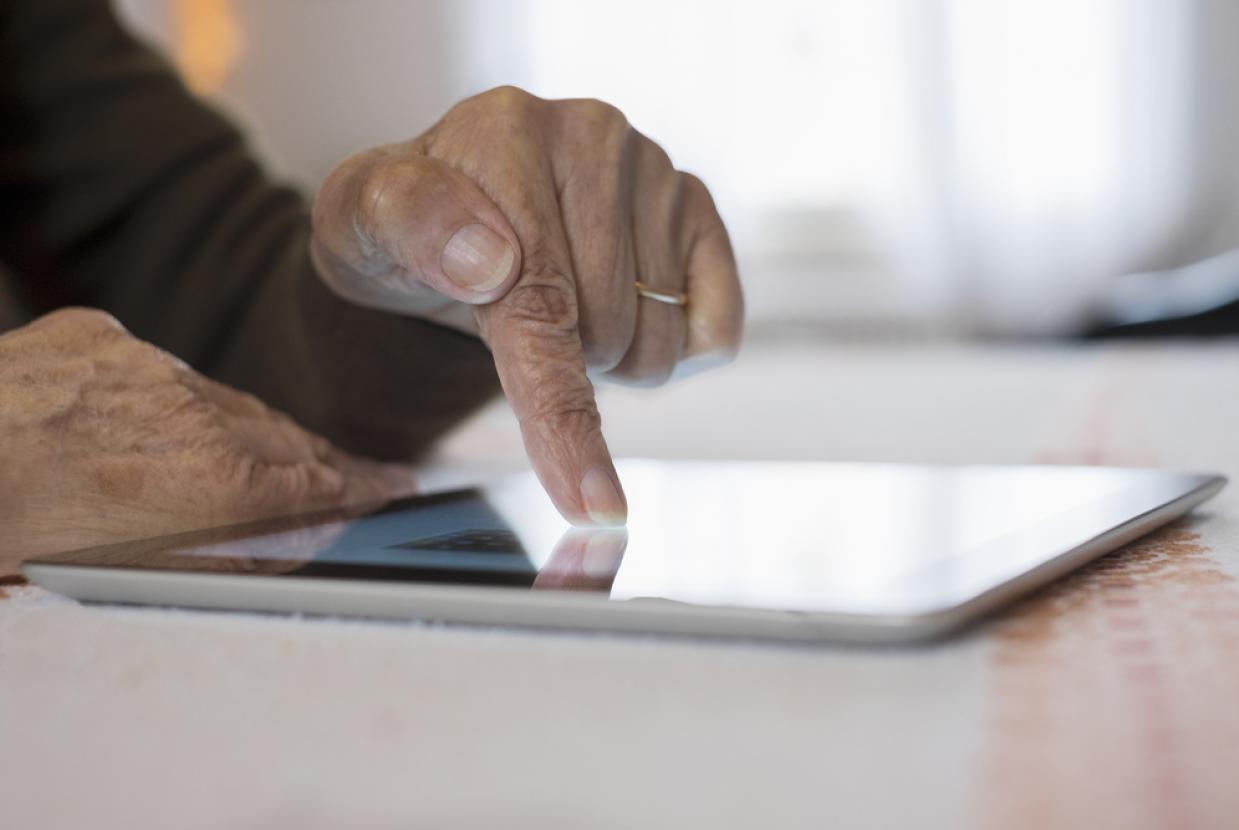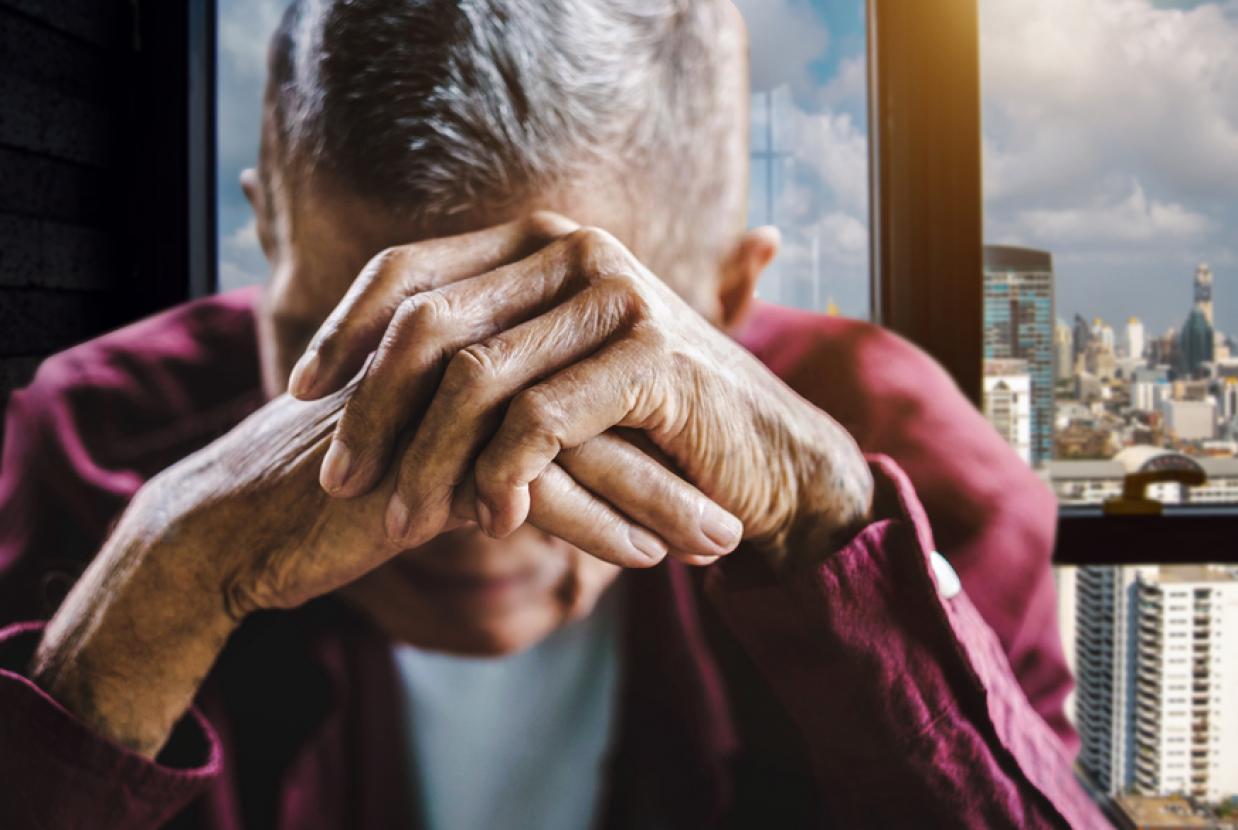Health & Wellbeing
Regardless of age, very few people feel well all the time. Fortunately, there are a number of ways you can get help when you're ill, or if you just need advice about your health.
Your GP practice doesn't always need to be your first point of contact when you feel unwell. There are other services that can help you directly or put your mind at rest.
How can a pharmacist help me?
Pharmacists can give expert advice on getting the most from your medicines, both prescribed or over-the-counter. A pharmacist can also help you with minor health problems, such as aches and pains, allergies, sore throats and colds, eye infections, stomach problems and skin conditions.
Some pharmacies have an NHS-funded service for minor ailments called Pharmacy First. If you already receive free prescription medicines (for example if you are 60 or over) then a Pharmacy First service can give you free medicines for certain short-term illnesses without you needing to see your GP.
What does a GP do?
Your GP (General Practitioner) can give you medical advice, treatment and prescribe medication. They might also refer you to other health professionals to conduct tests, diagnose or treat specific aspects of your condition. For example, they may refer you for a hearing test, to a chiropodist or to your local falls prevention service.
You can register with a GP of your choice but you must live in their catchment area. They must also have space for new patient registrations. You should register with a doctor as soon as you move into a new home even if you don't currently have any health issues.
What does a nurse in a GP practice do?
Often practice nurses, nurse practitioners and specialist nurses work alongside GPs. They can diagnose, treat and manage a range of health conditions. Some nurses who’ve completed additional training can also prescribe certain medications.
Can I call the NHS for advice?
NHS 111 is a free national telephone service for people needing medical help or advice in a non-life-threatening situation. The phone line operates 24 hours a day for 365 days a year.
Highly trained staff will ask you some questions about your symptoms. Following this, they may tell you how to look after yourself at home, suggest you see a pharmacist or recommend you make a GP appointment when the surgery is next open. If the problem is more serious, they may recommend you go to your nearest walk-in centre, minor injuries unit or A&E department. If it's very serious, they will connect you directly to the ambulance service.
What is an NHS walk-in centre, urgent care centre or minor injuries unit?
These are for patients with non-life threatening conditions. They can help with minor illnesses and injuries, such as sprains and strains, infections and rashes, minor burns, head and eye injuries, and insect and animal bites. These centres are open seven days a week from early morning until late evening, and no appointment is needed. They can be located in town centres or hospital grounds and are usually led by experienced nurses.
When do I need to go to the A&E department?
If you believe your illness or injury may be life-threatening, seek help by calling 999 or go to your nearest A&E department. A&E departments operate 24 hours a day, 365 days a year.
Life-threatening issues include:
- loss of consciousness
- persistent chest pain for 15 minutes or more
- heavy blood loss
- medicine overdose
- signs indicating a stroke.
Signs of a stroke may be difficult to recognise but the FAST test can help.
- Facial weakness: can they smile? Has part of their face fallen on one side?
- Arm weakness: can they raise both arms and keep them up?
- Speech problems: can they speak clearly or is their speech slurred?
- Time: call 999 if you see any single one of these signs.
Not all hospitals have an A&E department and may have limited urgent and emergency care services available.



